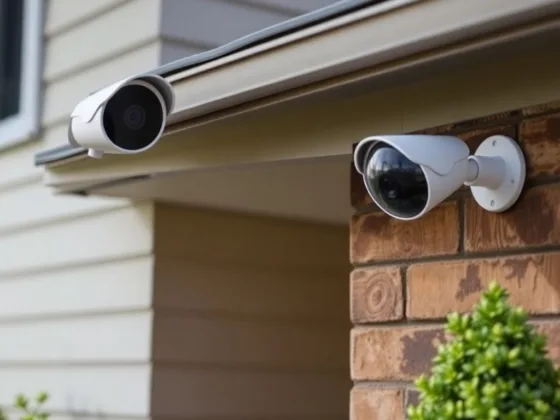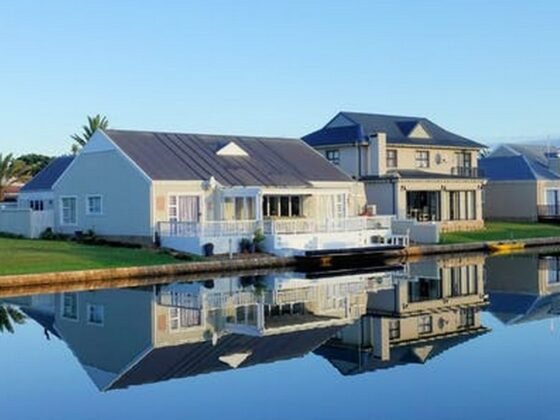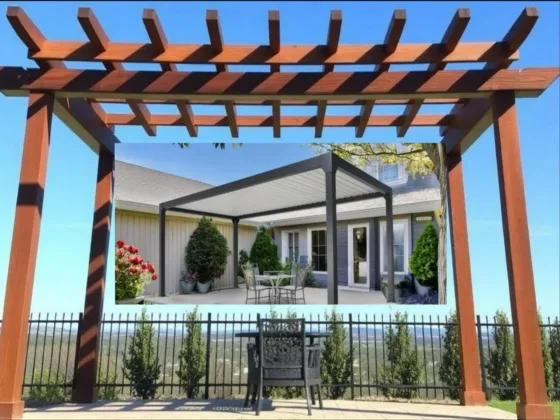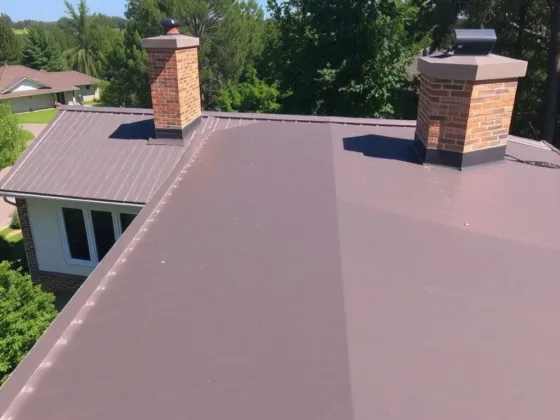Table of Contents Show
Pool enclosures can add appeal, convenience, and security to a swimming pool. However, they also come with some drawbacks. Here are the major pros and cons of pool enclosures to consider.
The Pros of Pool Enclosures: Enjoy Your Pool All Year Round
Installing a pool enclosure has many advantages, one of which is that it enables year-round pool use regardless of the weather.
Retractable pool enclosures in particular can protect your pool from weather conditions including wind, rain, leaves, and other debris.
A pool enclosure enables you to use your pool for exercise and leisure even in the spring, fall, and even winter. Many people only use their backyard pools during the hot summer months. This might help you get the most return on your in-ground pool investment.
Read Also:
Increased Safety and Privacy
A pool enclosure also provides increased safety and privacy. It prevents unauthorized access to your pool, protecting anyone from accidentally falling in.
This is especially important if you have young children or pets. An enclosure also provides privacy from neighbors and hides your pool from outside view.
Retractable enclosures, in particular, give you the flexibility to choose when you want to cover your pool. You can retract the enclosure on nice days to enjoy the openness but close it when extra privacy and protection are needed.
Protects the Pool and Reduces Maintenance
Keeping your pool covered and enclosed when not in use also helps reduce maintenance needs and protects the water.
It prevents dirt, leaves, and debris from falling in, reducing the need for frequent skimming and cleaning. It also lessens water evaporation and heat loss, allowing you to maintain the right water levels and temperature more easily.
The pool enclosure further protects pool components like pumps, heaters, and filters from weather damage and premature aging. The covering also guards against UV ray damage to your pool’s interior finish. All of this help extend your pool’s longevity.
For those in Florida, pool enclosures can be essential for protecting pools. The Florida climate, with intensely hot summers and heavy rainfall, can take a toll on the outdoor pool.
Florida pool enclosures help shield pools in the state from damage while still allowing maximum use and enjoyment
The Cons of Pool Enclosures: Considerations To Keep In Mind
While pool enclosures offer significant benefits, there are some potential downsides to consider before investing in an enclosure. These include:
High Upfront Costs
The most obvious disadvantage of pool enclosures is their cost. Permanent enclosures, in particular, tend to be expensive.
The total cost depends on the enclosure type and specific features, but you can expect to pay at least $10,000 to $30,000 for an average-sized pool.
The investment may be worth it in the long run due to lower maintenance and repair costs, but the high upfront price can be prohibitive for some pool owners.
Space Constraints
Pool enclosures require adequate space around the pool to install the necessary support structures and tracks. This may not be possible if you have a small yard.
Permanent pool enclosures also require permanent anchoring, so they may not be suitable for rental homes or properties where you cannot make permanent changes.
In these situations, a retractable pool enclosure may be a better option as they require less space and are designed for portability.
Reduced Openness
Some pool owners prefer the open feel of an uncovered pool and may feel “closed in” by a pool enclosure.
While retractable enclosures can provide an open environment when opened, even the tracks and framing of retractable enclosures may make some spaces feel more constrained.
For those who value an open, spacious yard, a pool enclosure may not appeal despite its benefits.
Requires Maintenance
While pool enclosures reduce some maintenance needs, they do require their own maintenance to function properly. Retractable enclosures need to be opened and closed periodically to prevent the tracking system from seizing up.
All enclosure types will need to be cleaned, parts lubricated and replaced over time, screens repaired or replaced if torn, etc. So, there are maintenance responsibilities that come with pool enclosures, although still typically less than an uncovered pool.










